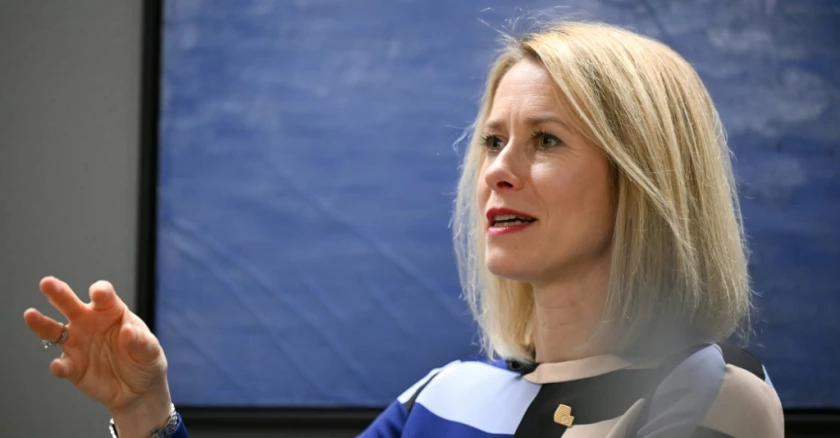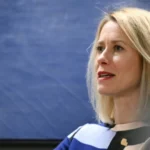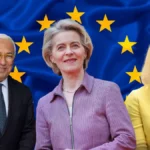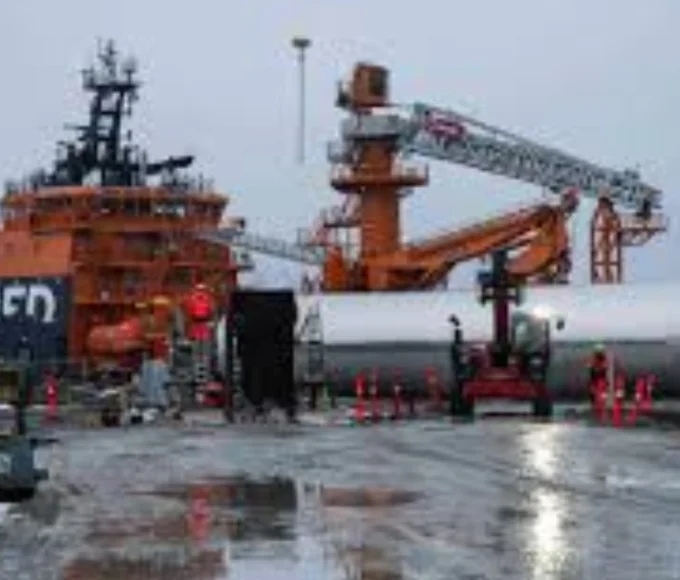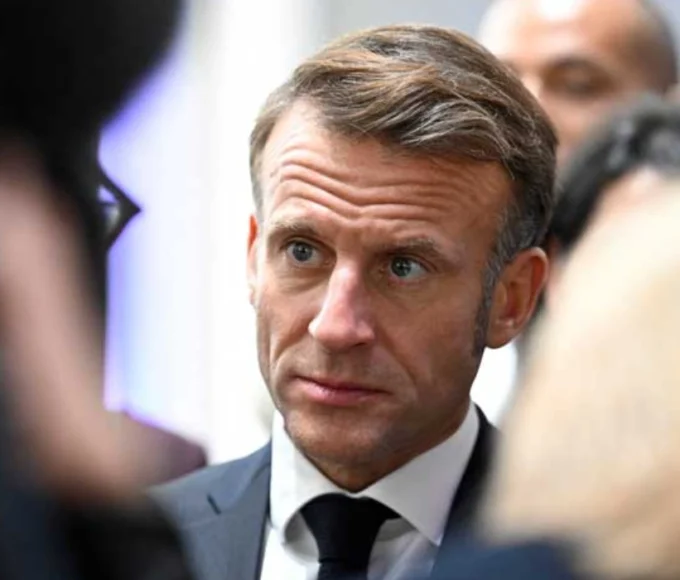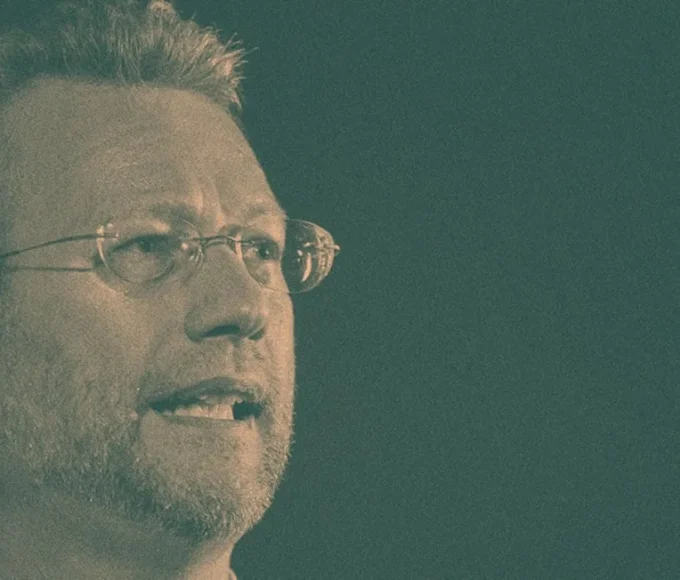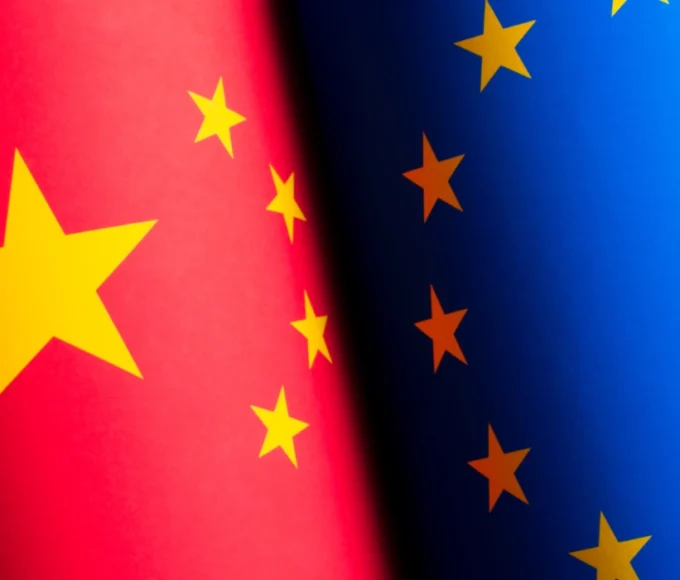Estonian Prime Minister Kaja Kallas, chosen to be the voice of EU diplomacy, is a determined opponent of the Kremlin and a convinced European.
Having given resolute support to Ukraine since the start of the Russian invasion in February 2022, she immediately stressed that “the war in Europe and the growing instability in our neighbourhood and in the world” were the main challenges of European foreign policy.
The daughter of former Estonian head of government and European Commissioner Siim Kallas, this lawyer by profession was born when Estonia was still an integral part of the Soviet Union.
Political career
The 47-year-old was first elected as an MEP in 2011 for the Reform Party, a liberal party founded by her father, before winning a seat in the European Parliament, appearing on several lists of the most influential MEPs.
She returned to national politics in 2018, taking over as leader of the Reform Party and becoming Estonia’s first female prime minister in 2021.
Rejecting calls to resign, Kallas was re-elected as leader of the Reform Party, her international image untarnished by the scandal.
The Baltic country, which has a population of just 1.3 million, has become one of Ukraine’s most generous donors, with aid exceeding 1% of its GDP.
Interest in NATO
Kallas, who speaks fluent English, Russian and French in addition to her native Estonian, had openly expressed interest in replacing Norway’s Jens Stoltenberg as NATO chief.
Her combative attitude towards Russian President Vladimir Putin has earned her the support of several EU countries, including Poland, but has at one point hampered her ambitions, as she herself has acknowledged.
Wanted by Russia
And from this point of view, the one nicknamed “the Iron Lady” in Estonia has never feared provoking Moscow. In a symbolic act of breaking with its past, the Estonian government led by Mr Kallas has removed Soviet-era war monuments from public spaces, a process that accelerated after the invasion of Ukraine.
“When we regained our independence, we had many other worries. When the war started, it reopened, in fact, all the wounds,” said Ms Kallas.
This firmness earned her being placed by Moscow last February on its wanted list, officially for “destroying monuments to Soviet soldiers”.
Despite her popularity, she faced a crisis of confidence in 2023 after local media reported that a company partly owned by her husband continued to operate in Russia. Rejecting calls to resign, Kallas was re-elected as leader of the Reform Party, her international image untarnished by the scandal.
This article is originally published on ouest-france.fr


